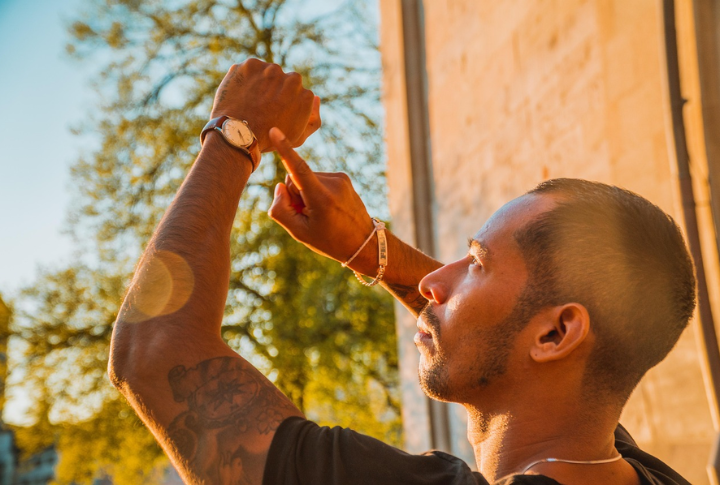
Time feels obvious in daily life, yet the more closely it’s examined, the stranger it becomes. Scientists and philosophers have spent centuries debating what time actually is, and the answers often raise more questions than they settle. Some theories focus on how we perceive it, others on how the universe structures it. Together, they offer new ways of thinking about existence. Let’s explore 10 such perspectives that could reshape how time is understood.
Time Dilation
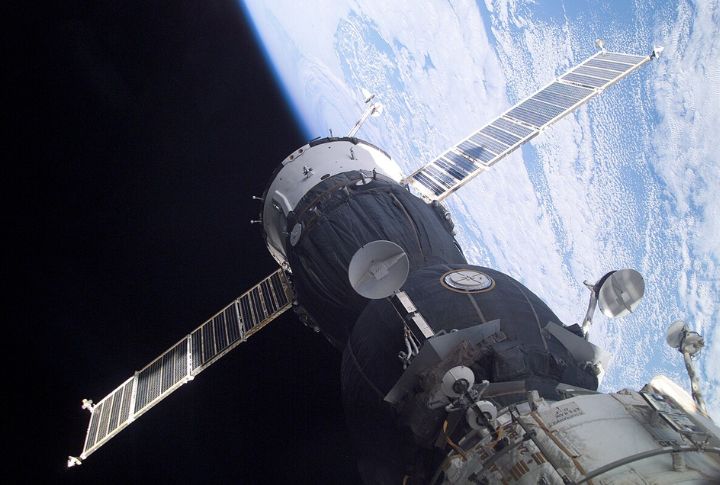
An astronaut orbiting Earth ages a little slower than their sibling on the ground, even though both experience the same daylight. Einstein predicted this effect and showed that motion at high speeds slows the passage of time. Tests with atomic clocks on airplanes further confirm it, and GPS systems rely on constant corrections.
The Block Universe Theory
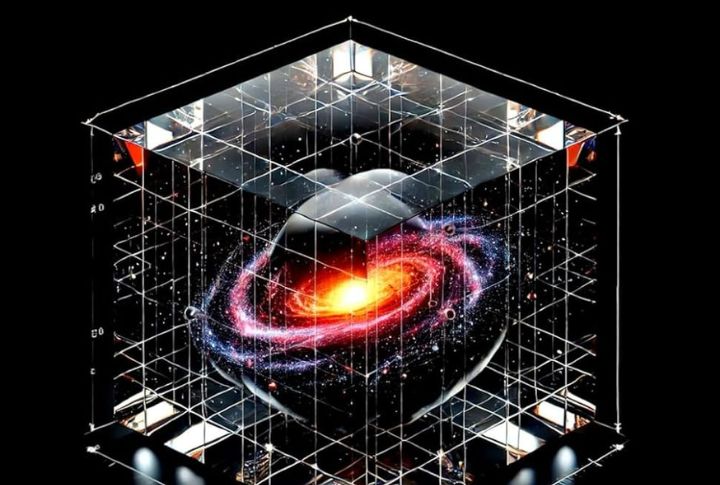
Life can be thought of as a vast map where yesterday, today, and tomorrow all coexist. This view is called the block universe. It treats time as a four-dimensional structure where nothing truly disappears or arises. If the future already exists alongside the present, then free will may be only an illusion.
Presentism

Only the “now” is real in presentism. Past moments vanish completely, and the future has not yet arrived. Philosophers point to the raw immediacy of human experience as proof. Yet, relativity clashes with this model, since “now” differs depending on perspective. It leaves the past not hidden, but gone forever.
Eternalism

Eternalism views time as a place where every moment (birthdays, farewells, even tomorrow’s sunrise) already exists. In this picture, life unfolds as a journey across terrain. For some, it brings comfort since death cannot erase a fixed existence, though it complicates the very meaning of change.
The Multiverse Of Time
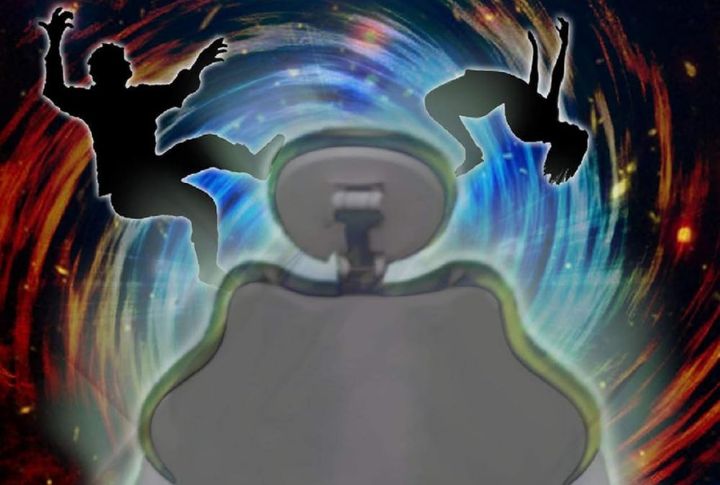
What if every choice opens a doorway? Quantum mechanics hints that each decision could branch into a new timeline. Countless versions of reality might coexist, with another “you” walking a different path. Science fiction thrives on this idea, but its origin lies in serious attempts to interpret quantum theory.
The Psychological Arrow Of Time
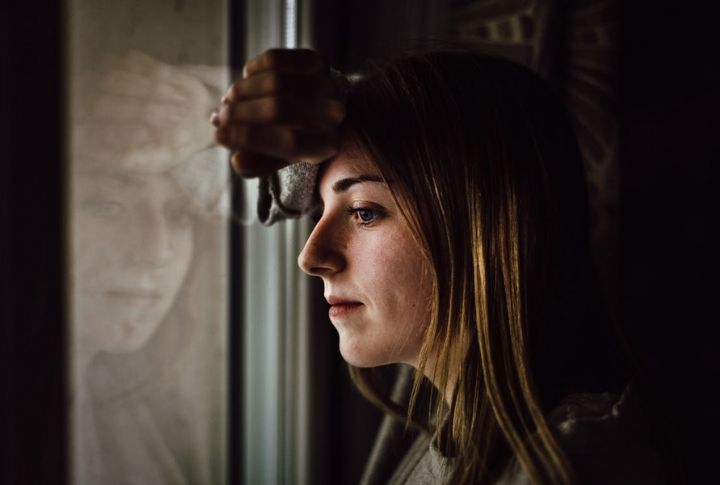
Think about it: you can picture yesterday clearly, but tomorrow is just a guess. That’s why time feels like it’s pulling us forward. Scientists even found that animals might sense time differently, reminding us that sometimes it’s not all physics—it’s also in our heads.
Closed Timelike Curves
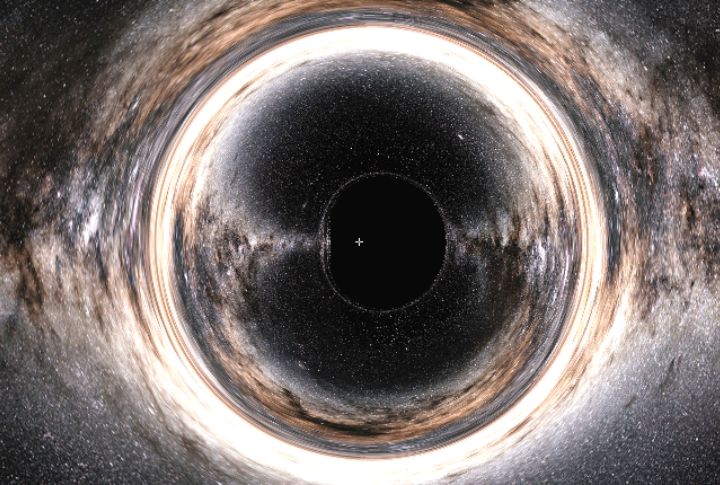
Einstein’s equations leave open strange possibilities: loops in time called closed timelike curves. If they exist, the past could be visited. Rotating black holes, known as Kerr black holes, are theorized to create such paths. Yet paradoxes keep physicists debating whether these loops could ever be real.
Time As An Emergent Property
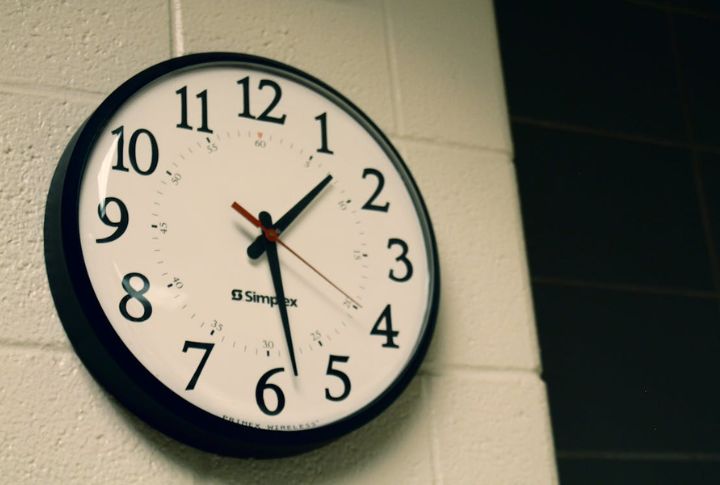
Rather than being fundamental, time may arise from deeper structures. Some physicists argue that entanglement and information flow produce what feels like time. If so, the universe at its core might be timeless. This unsettling view implies that what people call time is merely a byproduct of change itself.
The End Of Time Hypothesis

Far into the future, time itself could cease. In a heat death scenario, the universe becomes uniform, with nothing left to change. Without “before” and “after,” time loses meaning. For conscious beings, such an end might arrive instantly. That makes the concept of “the last moment” profoundly puzzling.
Biological Clocks And Circadian Time

Time is not only cosmic—it’s written into biology. Nearly every organism has an internal clock, the circadian rhythm, tuned to Earth’s 24-hour cycle. This clock influences sleep, hormone release, and even mood. In fact, when disrupted, like through jet lag or night shifts, health and cognition suffer. Biology reminds us that time is lived, not just measured.

